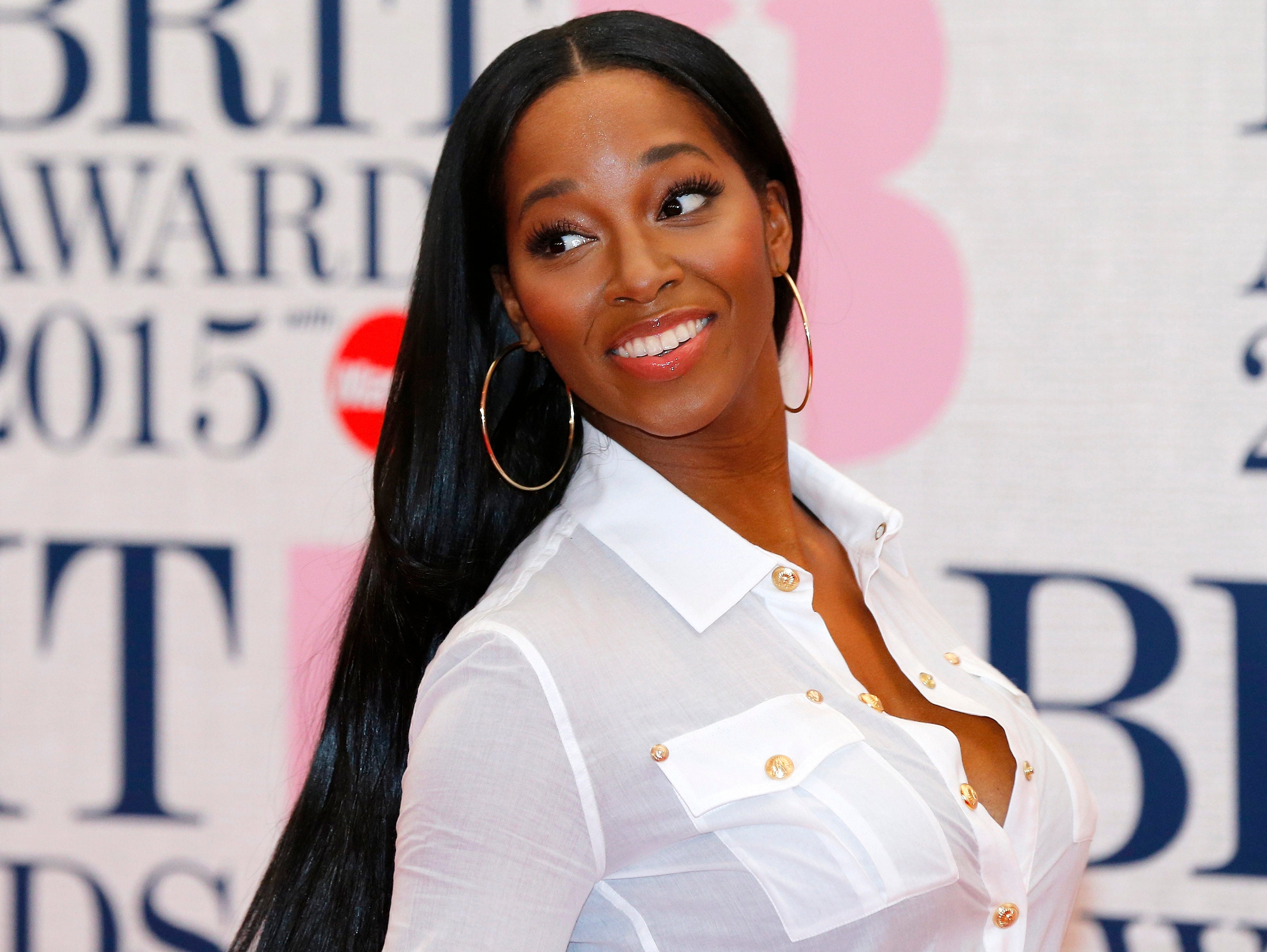
The Sun was within its rights to name Jamelia in two stories linking the pop star to her stepbrother’s murder conviction as she was “genuinely relevant” to the story, the UK’s largest press regulator has ruled.
Jamelia Niela Davis complained to the Independent Press Standards Organisation about the story “Jamelia bro caged for murder” in the Sun on 15 December, also published online, and “Jamelia says she’s lost work after her step-brother was found guilty of murder” published online two days later.
The stories related to Tafarwa Beckford, 36, who was sentenced to a minimum of 32 years in prison in December after shooting a rival gang member dead in Birmingham.
Beckford’s father had a brief relationship with Jamelia’s mother when the singer was two-years-old.
The singer spoke out in December over the way widespread media coverage of Beckford’s murder conviction linked the pair, calling it “extremely lazy, careless and insensitive” with “far reaching real-world repercussions for me and my family”.
Headlines from the Mirror, Metro the Sun, Mail Online, the Daily Star, Huffpost UK and the BBC, among others, all referred to Beckford as “Jamelia’s stepbrother”.
The backlash resulted in the BBC amending its story to remove references to Jamelia in the headline and first paragraph after deciding they were “unduly prominent”. She is now first mentioned in the fifth paragraph.
Press Gazette understands that Jamelia made a number of other IPSO complaints, with further rulings expected to be published in the next few weeks.
In her complaints against the Sun, Jamelia claimed the articles breached Clause 9 (Reporting of crime) of the Editors’ Code of Practice because she was estranged from Beckford and had no ongoing connection to him.
The Code states that “relatives or friends of persons convicted or accused of crime should not generally be identified without their consent, unless they are genuinely relevant to the story”.
Jamelia added that reporting her connection to Beckford – which she said had been reported inaccurately – had a “significantly damaging effect on her wellbeing and livelihood”.
The singer also told IPSO the second Sun online article “perpetuated the idea that [she] had criminal links”, a narrative which was “unequally and unfairly attributed to black celebrities”.
The Sun responded that Jamelia was genuinely relevant to the story, an argument accepted by IPSO as it dismissed the complaints.
Beckford had applied for, and won, a reporting restriction during his trial by telling the court an online search for his name brought up a “particularly large number” of articles about him “given that he is a close relation of a well-known music artist, Jamelia”.
The reporting restriction ended when Beckford was convicted and the Sun told IPSO it was “then entitled to report the fact that an unprecedented reporting restriction had been approved at the request of the man’s lawyer”.
As Jamelia was part of the reason the restrictions had been put in place, she was genuinely relevant to the story, the Sun added.
In its ruling, IPSO said: “The complainant had been named specifically in the defendant’s application for a reporting restriction.
“The reporting restriction referenced the fact that there was a large amount of material in the public domain which linked the complainant to the defendant.
“While the committee noted that the complainant considered her identification in the previous coverage to also be unjustified, the newspaper was entitled to report on this.
“Where the complainant had been identified during legal proceedings, she was genuinely relevant to the story, and there was no breach of Clause 9.”
In relation to the second story, IPSO said Jamelia had linked herself to Beckford in posts she made on social media, and that the newspaper was entitled to report these comments.
Read the full IPSO rulings here and here.
Picture: Reuters/Suzanne Plunkett
Email pged@pressgazette.co.uk to point out mistakes, provide story tips or send in a letter for publication on our "Letters Page" blog

